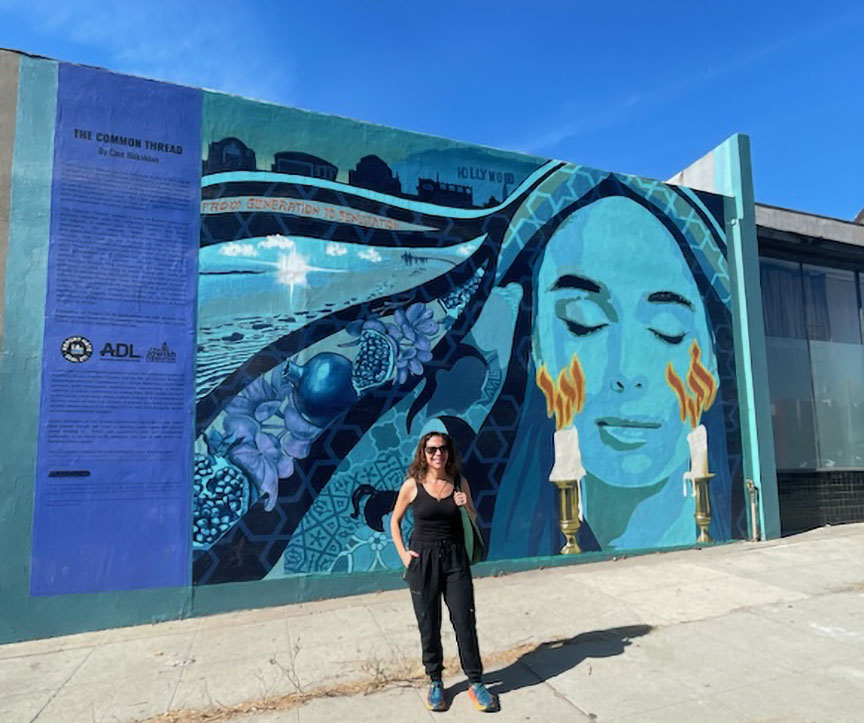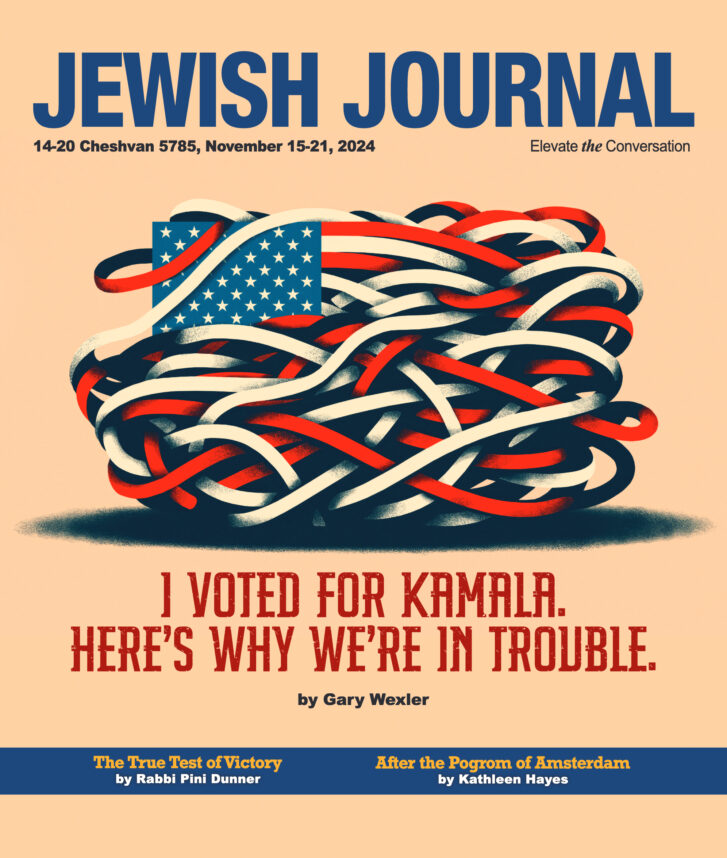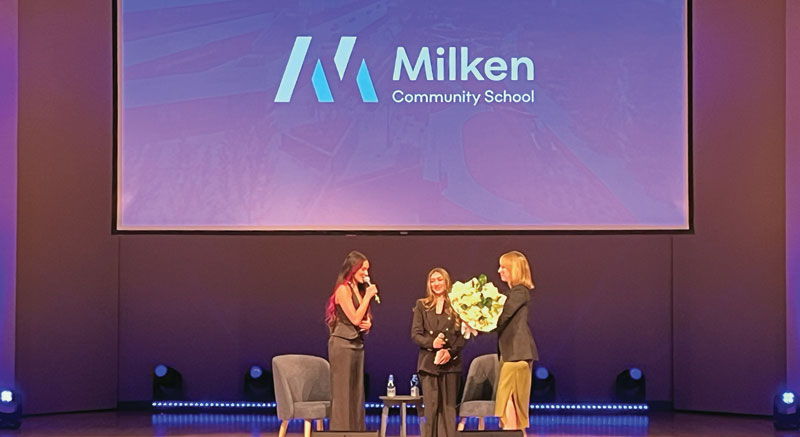OK, I’ll admit it: I was one of the half-million congesting downtown Los Angeles the weekend of the massive pro-immigrant rally. My mother, who also went along, did so because many of her friends were marching, and it was a great social occasion.
For me, it was an opportunity to interface with about four dozen other students and confirm my suspicion that few participants knew much about U.S. history and culture or, for that matter, even our nation’s immigrant history and culture.
The organizers of the march were the usual collection of “reconquistas” and multiculturalists who networked very effectively for weeks to get this turnout. I must have received at least a dozen e-mails every day from different friends and groups reminding me to put the event on my calendar. Others were barraged with telephone calls stating that it was an “obligation” to show up and be counted.
Part of me wishes the students who cut class on Monday of that week could be out in the streets every day — after school perhaps — to draw attention to this problem of immigration. It seems that the only time the issue invades the public consciousness is when it makes the evening news on television.
There are some serious issues to consider beyond the photo ops of students carrying Mexican flags. The immigration bill that passed the House has two obvious flaws: It makes felons out of people who have been living and working here for years, and it classifies as criminals members of churches, their clergy leaders and any other group or citizens who help immigrants.
I suspect that Rep. James Sensenbrenner, the Wisconsin Republican who sponsored the bill, deliberately placed those clauses into his legislation so that he would have something to “give away” when the House and Senate versions arrive for compromise in a few weeks. Critics of the early Senate version claimed it is nothing but an amnesty procedure. Our president, Jorge Bush, is caught in the middle between the agribusiness interests that helped him finance his political career and the conservative wing of his Republican Party, which considers immigration to be a “lightening rod” issue (in the positive sense, for them) of the 2006 and 2008 elections.
Like most Americans, the immigrant story is my family’s story. My mother took the “coyote express” to Los Angeles two decades ago, because her family in Honduras had been swindled out of the family farm, and mom had to help support her parents and four siblings. Upon arrival, she immediately learned English and became a U.S. citizen at the first opportunity. Before long, she was assistant manager of a chain variety store.
Her story is a representative tale of striving and success in a city that was built by immigrants — including waves of Jewish immigrants.
When I entered Union Avenue Elementary, mom went over and insisted that I not be placed in any bilingual class but in English immersion instead. Before that, she had obtained for me a public library card and made certain that I used it constantly. We spoke nothing but English at home until I was 12, and I was not allowed to watch Spanish television, even though mom was addicted to the nightly novellas. She still is.
The point is this: The difference between the more than 60 percent of Hispanics who drop out of high school and the 5 percent who graduate from college has nothing to do with the schools, the teachers and especially the thousands of dollars per pupil poured into the educational black hole we call the Los Angeles Unified School District.
The almost universal ignorance of the students who were chanting “Si, se puede” as they marched up Broadway, in regards to the language, culture and political realities of their adopted nation, speaks volumes about the failure of most of their families to assimilate and therefore succeed in these difficult times of globalization and economic uncertainty.
The marches have created short-term sympathy for the illegal (excuse me — I mean undocumented) immigrants. But the net result will be to reinforce the perception of a vast majority of Americans that something needs to be done about out-of-control borders and the issue of sovereignty.
Jennifer Solis was student body president of Belmont High School in 2003-04; she’s now a pre-med student at Pasadena City College.





















 More news and opinions than at a Shabbat dinner, right in your inbox.
More news and opinions than at a Shabbat dinner, right in your inbox.